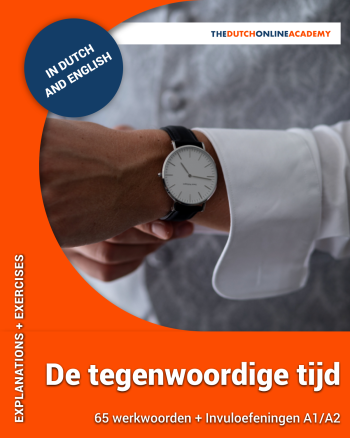Learn the theory
Comparatives in Dutch
Let's take a look at some adjectives.
- mooi
- leuk
- interessant
- duur
It's actually really easy to turn these adjectives in a comparative by just adding "-er".
- Dit schilderij is mooier dan dat schilderij.
- Deze film is leuker dan die film.
- Het verhaal wordt interessanter.
- De tickets voor het festival zijn duurder dan vorig jaar.
Ok, in the last example you might have noticed that we didn't add "-er", but "-der". This is because duur ends with an r. To make the sound easier to pronounce and more clear, a d is added. This also happens with lekkerder, raarder and verder, to name a few.
If you put the noun behind the comparative, you have to take the rule of the "e" into account.
- Dit is een mooier schilderij.
- Wij kijken een leukere film dan de vorige keer.
Superlatives in Dutch
Let's continue with the adjectives we used above: mooi, leuk, interessant and duur.
To make a superlative you add "het" in front of the adjective and "-st(e)" behind it.
- Dit schilderij is het mooist(e).
- Deze film is het leukst(e).
- Het verhaal is het interessantst(e).
- De tickets voor het festival zijn het duurst(e).
If the noun is behind the verb, you have to take the rule of the "e" into account (again, below you'll find a link to a profound explanation). Also, you have to use "het" or "de" depending on the word.
- Dit is het mooiste schilderij.
- Dit is de leukste film.
Irregulars
There are a few adjectives that have an irregular comparative and/or superlative.
- goed - beter - best
- graag - liever - liefst
- weinig - minder - minst
- veel - meer - meest
Practice with exercises
Look at the adjective in the brackets. Form the comparative or superlative. Take a good look at the sentence to know which one to use.
comments
Login to leave a comment


